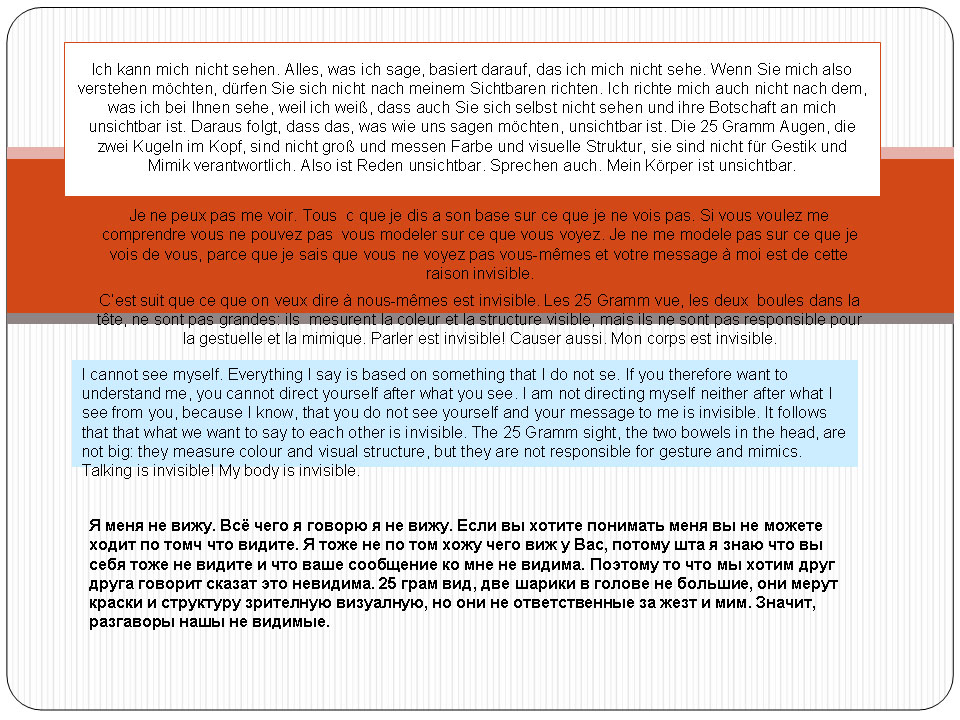As I have reflected on my experience as a Third Culture Kid and heard from others with similar backgrounds, it is clear that many of us face a common internal conflict. It is the confrontation between visible deficits and invisible skills. So glaring are the deficits that casual passers-by will notice.  Added to this is the fact that my appearance doesn’t differ from many around me, I’m an invisible immigrant, so I am not given grace in my significant knowledge deficit. “You look the same – therefore You should think, respond, and know the same” is the unspoken mantra. No one looking at me guesses the turmoil and the cross-cultural “code-switching” going on in my brain and heart.
Not knowing how to use an ATM card, facing paralysis at a drive-through and in the cereal aisle of grocery stores, confusing idioms, inability to order at a restaurant, being overwhelmed by the simple task of pumping gas, trying to keep up with pop culture, not knowing any of the answers to most of the categories in Trivial Pursuit, confused at the “15 items and under” line in a store, and not getting my license until I was well past the legal age of driving are a few of the many things that I have experienced.
What makes this more difficult is that all the skills that I used daily in the countries I call home (and others call foreign) are no longer useful. Instead they have become invisible parts of me, parts that may never need to be used again.  No one bargains for Granny Smith apples at the local grocery store  – believe me, I’ve tried! The memories of the skill with which I navigated life overseas are juxtaposed against these feelings of inadequacy and it is difficult to reconcile the two or to believe that I will ever become secure and confident in my new world.
Memories of those skills  include such things as:
- Knowing how to knead bread, make mustard, can pickles and jell jelly
- Finding where Legos can be purchased in a country that has none
- Adapting chocolate chip cookie recipes to taste good without brown sugar or chocolate chips
- Understanding idioms in Arabic,(or Urdu, or Swahili, or Russian or you fill in the blank)  and having native speakers understand
- Being completely comfortable in crowded bazaars and navigating every major airport in the world
- Adapting orange/cranberry salad to taste good with just oranges
- Experiencing significant government bureaucracy that challenges the most experienced expatriate and still loving my adopted homeland
- Surviving military take-overs, regional wars, and riots in the neighborhood
- Identifying who of my friends has commissary privileges and making sure they are invited to dinner (knowing that next time I see them there will be cranberries for my salad.)
More significant is that  no matter how mundane these skills seem, they come with a story complete with characters, plot, conflict, and resolution.  If I can see the visible deficits as part of the next chapter I may be willing to continue the narrative.
There are times when I long to take those around me to MY country and place of comfort and have our roles reversed so that I am the one helping them with sidelong glances of pity. Giving them grace instead of the other way around.  At this point I console myself with stories and memories understanding that invisible doesn’t mean absent.
Related Articles:
This is a blog post I wrote a while back and thought it may resonate. Another I am linking is called “Paralysis in the Cereal Aisle’ and‘Identity Theft’
Would love to hear from others and their experiences.Â
Marilyn Gardner
http://communicatingacrossboundariesblog.com/
Â
concerning invisible ….. here is my work as a fine artist